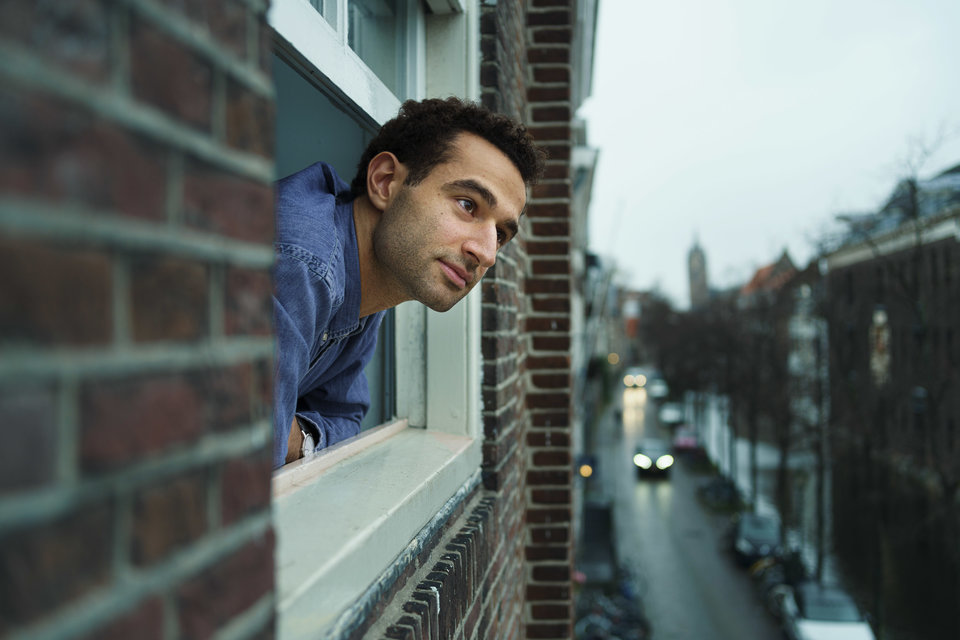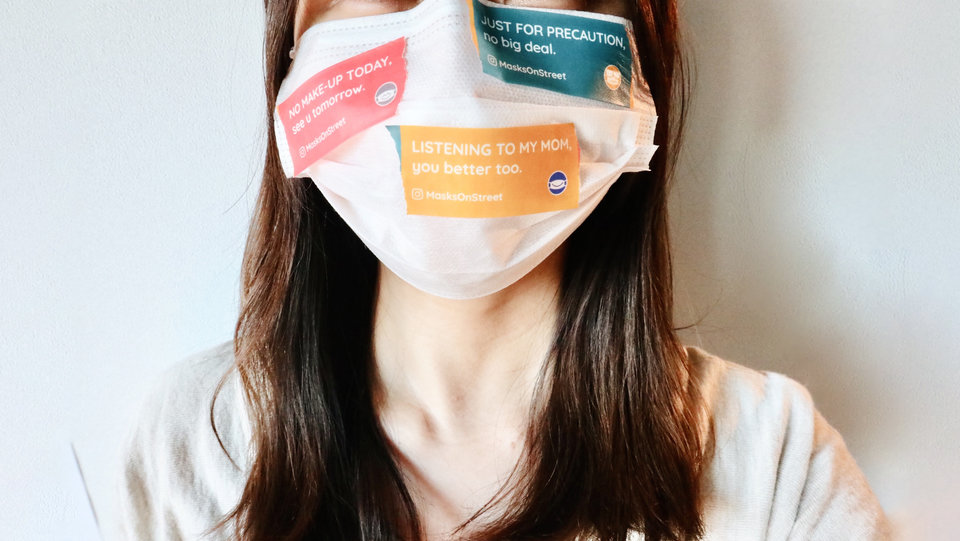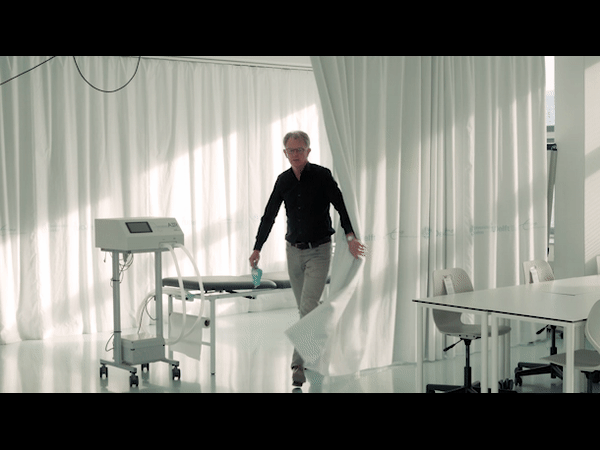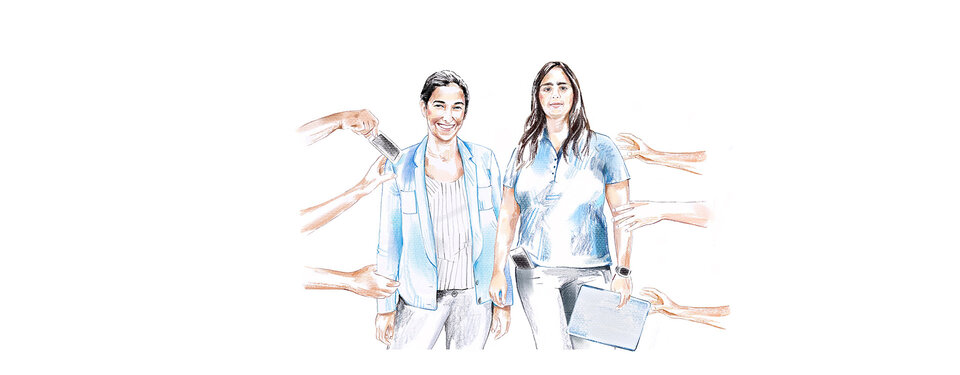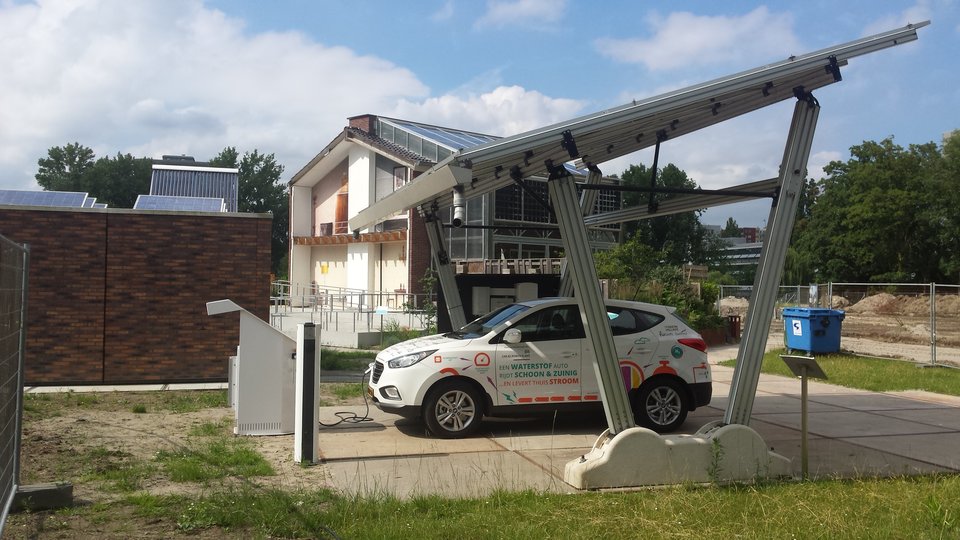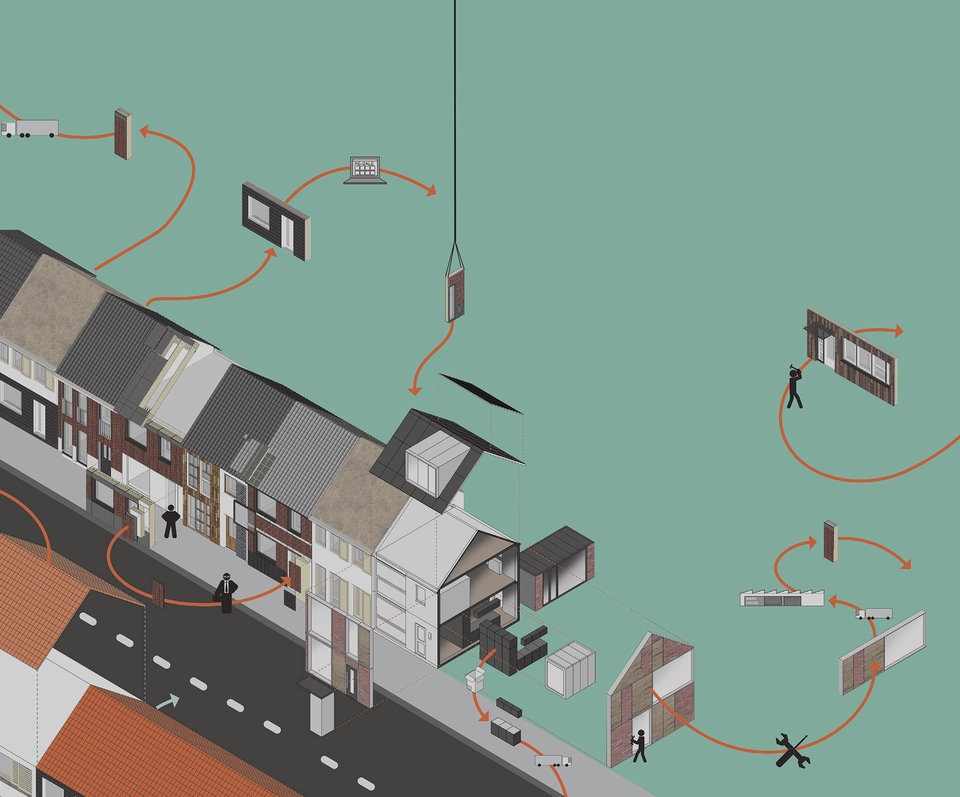Do walking and cycling make people healthier, or are healthier people more inclined to travel actively? And how does the coronavirus affect our travel behaviour? These are the kinds of questions that scientist Maarten Kroesen is investigating. In his view, situations are often not as simple as they might seem at first glance. He is nevertheless convinced of one thing: we should be walking and cycling more.
Early stages
‘I’m interested in travel behaviour and the choices that are made in this regard. The large amount of unexplored territory is one of my primary motivations. In some cases, the associations operate in the opposite direction from what might initially be expected’, notes Dr Maarten Kroesen of the Faculty of TPM at TU Delft. ‘For example, with regard to mobility, we often assume that we will have to change attitudes before we can change travel behaviour. People must first be convinced that travelling by train is an acceptable option before we can get them to leave their cars at home. It might work in the opposite direction, however: forcing a change in behaviour might also change the attitudes that people have regarding that behavioural change. Once motorists are in the train, their attitudes about train travel are likely to change as well. In the mobility research, these types of ideas are still in the early stages.’
The other way around
These types of questions clearly play a role in the study that Kroesen has recently published in the Journal of Transport and Health. In collaboration with fellow scientist Jonas de Vos of Imperial College London, Kroesen examined the relationship between active travel (i.e. walking and cycling) and individual health. ‘To date, the exact nature of these relationships has not been the subject of much investigation: does active travel lead to better health, or are healthy people more inclined to travel actively? We have systematically focused on the relationship between active travel and two important indicators of health: the body-mass index (BMI) and mental health. We measured mental health using a questionnaire designed to assess the extent to which individuals feel depressed’.
‘We used data from more than 1500 participants in a research panel in the Netherlands. Health data from this group were available for a 10-year period. We asked how many days in the past week respondents had walked for at least 10 minutes. Unfortunately, we did not have enough data to include cycling, but our tentative hypothesis is that the results of the study would also apply to cyclists’, observes Kroesen.
Mental health
The results obtained by Kroesen and De Vos are clear. First, they did not find any evidence that active travel has an effect on an individual’s BMI. This suggests that this effect has been over-estimated in previous studies. ‘The opposite direction does apply’, continues Kroesen. ‘A higher BMI has a negative influence on the use of active modes of transport.
The results also reveal a clear link with mental health. Active modes of transport make a positive contribution to mental health. At the same time, however, better mental health does not clearly lead to more walking’.
‘The influence of active travel on mental health is consistent with previous studies indicating that walking and cycling generate positive feelings. In addition to these concrete outcomes, however, what I think might be the most important message is that we should be very cautious in drawing connections between active travel and health. This is because these relationships can operate in both directions.’
Promotion
Kroesen’s study also has implications for policymakers. ‘Even aside from the concrete results of this study: it is simply wise to promote active travel’, emphasises Kroesen. ‘In and of itself, more exercise has health benefits, regardless of any effect it might have on BMI, which we were not able to demonstrate. At the same time, however, we have demonstrated that active travel has positive effects on mental health: it just makes us feel better.’
‘Encouraging more people to start cycling and walking instead of taking the car has many other beneficial effects as well: it’s good for the environment and CO2 emissions, and it reduces traffic congestion.’
‘Moreover, it’s inexpensive and easy to apply. Studies have indicated that about 30% of all trips of 0–5 kilometres are made by car. For trips of 5–10 kilometres, that share is 60%. There is thus considerable room for improvement.’
Coronavirus
‘It’s important to note that the study that has now been published in the Journal of Transport and Health was the first step in charting the relationship between active travel and health. Doctoral candidate Mathijs de Haas is currently working at the Netherlands Institute for Transport Policy Analysis (KiM) to bring this topic into even sharper view.’
‘It is interesting to note that Mathijs is also including data on the current situation with the coronavirus. This is because the crisis is obviously also changing our travel behaviour. In time, therefore, we are also likely to see effects on our health. These strange times could be seen as a natural experiment for investigating this issue. We are very curious to see the results.’
More information
A summary of the results of the KiM survey into mobility and the coronavirus crisis of Mathijs de Haas is now available.

